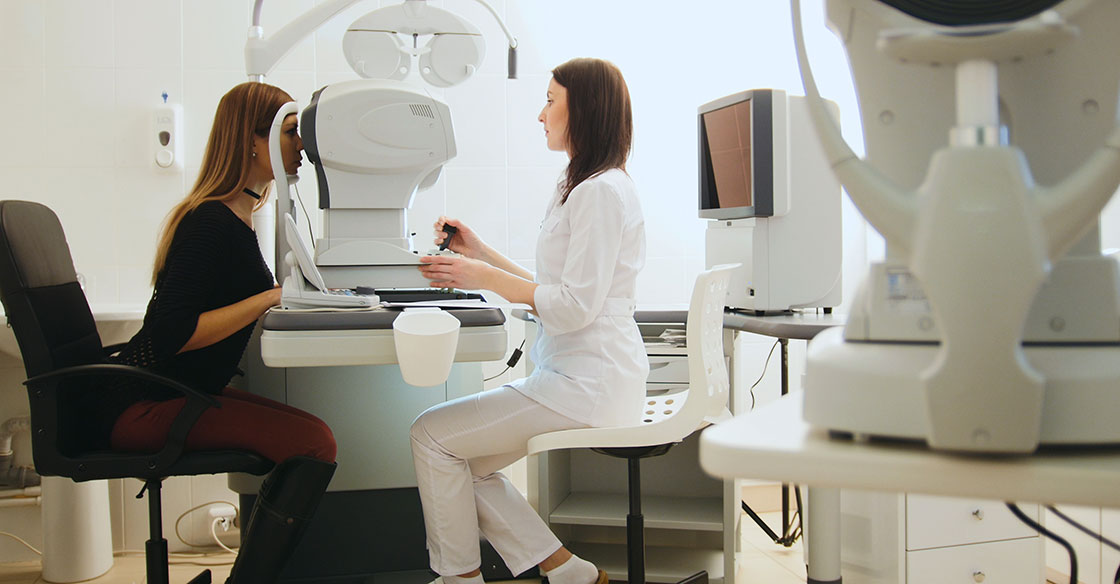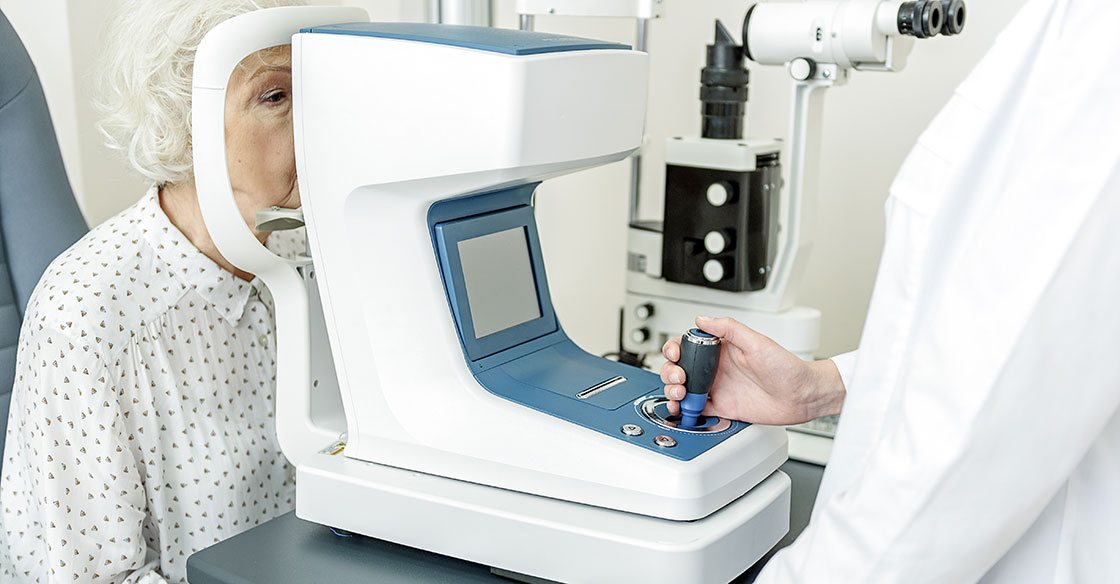Why People with 20/20 Still Need an Eye Exam

If you’ve been told your vision is perfect, you may wonder, “Why do I need an eye exam?” It can feel unnecessary to take precious time out of your busy schedule, especially if you have 20/20 vision. However, even for those who have 20/20 vision, eye exams are an important part of your health care. Here is why:
Check You Still Have 20/20 Vision
One reason to get a comprehensive eye exam is to ensure your vision is still 20/20. You may be able to see fairly well, and not have problems reading at a distance; however, an exam can detect if one or both eyes have changed even slightly.
When eye changes are detected early, you don’t have to go through the difficulty of trying to compensate for vision issues. It also takes less time to adjust to glasses if the change is minor.
Detect Eye Conditions Early
Multiple conditions detected in a comprehensive eye exam can be reversed, treated, or maintained. But leaving an eye condition untreated can cause damage to your vision, and even blindness.
Glaucoma, for example, is one condition that optometrists check for, even in young adults. It’s treatable but quite common; it needs to be detected early to prevent nerve damage. A cataract is another eye condition that typically affects older people. Surgery will correct this condition; but, it can impact vision if left untreated.
Even if you’ve always had perfect vision, age often leads to vision problems. Retinal detachment can occur as a person ages, or from a trauma to the eye. Diabetes can damage the eyes as well, causing diabetic retinopathy. It’s better to diagnose these conditions as early as possible before they do irreparable damage.
Reveal Developmental Issues
An eye exam can detect developmental issues in children. This is especially important to check because eye problems can impact learning difficulties, making them more pronounced. They can also contribute to conditions like ADD.
Sometimes the eye doesn’t develop correctly, which can become permanent if not treated while the person is young. An example is with a lazy eye, or amblyopia. Corrective lenses can take care of this condition, but it can worsen if not diagnosed in time. It’s important that children get eye exams regularly to be sure that their eyes are developing appropriately.
Increased Use of Devices
People spend more time on computers, smartphones, and tablets than ever before. Eyes can become fatigued more easily after looking at a screen for long periods of time. Your eyes may become sore, strained, or have blurry, darkened vision after using a device for an extended period of time, especially in a dark room. If you spend a lot of time on a device, you should have your vision checked more often to determine if your device use is impacting your vision.
Symptoms of eye strain or other issues include watery eyes, itchy eyes, headaches, blurry vision, and tired eyes. If you have any of these issues, even if you have 20/20 vision, you should make an appointment for an eye exam.
Talk to Your Eye Doctor
Early detection of eye issues allows you to get problems treated before they cause permanent damage to your eyesight. Just because you can see well doesn’t mean there are not any problems with your eyes. Only a comprehensive eye exam can tell you if your eyes are in perfect health. If you are experiencing any discomfort or unusual symptoms in your eyes, be sure to call your optometrist right away to schedule an eye exam.

